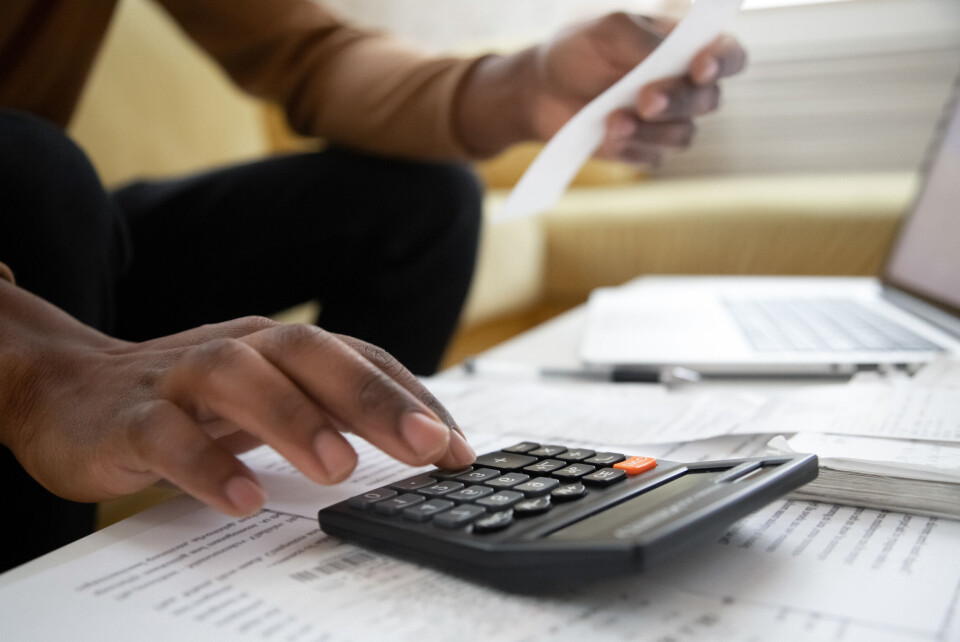-
Mysterious boom rattles residents in south-west France
Local community turns to social media for answers
-
France tightens reimbursement rules for flight delays or cancellations
New measures include mandatory mediation and new claim procedures
-
What snow conditions look like for skiers across French Alps and Pyrenees
Ski resorts are expected to get busier as school holidays begin this weekend
Tax cuts in France: Where have residents benefitted the most?
Cuts on income tax and taxe d’habitation are set to save people in France €52billion. Our maps show which places in France will benefit the most

As the French government prepares to present its budget for 2022 today, two key tax cuts have already reduced costs considerably for households in France.
Income tax (Impôt sur le revenu)
Following the gilets jaunes protests in 2018, the government cut rates on income tax for people earning €10,085-€25,710 per year from 14% to 11%.
Figures from the Economy Ministry published in Le Parisien show this reduced taxes by a total of €13.1billion for 18.2 million households, meaning average household savings of €720.
Residence tax (Taxe d’habitation)
In addition, removal of residence tax (taxe d’habitation) on main homes has already come into effect for 80% of households in France, equivalent to 24.6 million homes.
The 20% of the highest income households, which still pay the tax, will see a reduction of 30% on their 2021 bill, and a 65% reduction in 2022, before the tax is phased out completely in 2023.
This means savings of €39.9billion overall in France, and average savings of €1,583 per household over five years.
Second-home owners will still have to pay the tax, however.
Read more: Who still has to pay taxe d’habitation in France and until when?
Where in France will people save the most due to tax cuts?
The economy ministry estimates that people in France will see a reduction in taxes of €52billion in total over five years due to the two tax reforms.
However, some areas in France are set to benefit more from the savings than others.
Highest savings on income tax
In Aisne, savings due to income tax cuts are expected to be the highest in France at €785 per bill.
Average savings for the department as a whole are forecast at €82million between 2017-2022, benefitting 118,000 households.
In second and third place for income tax savings are Indre, at €776; and Paris, at €771.
The areas expected to benefit the least from income tax cuts are the French overseas territories of Mayotte (€483), Martinique (€537), and Guadeloupe (€552).
(Map: Created by Connexion using data from INSEE, IGN / Admin Express COG)
Highest savings on taxe d’habitation
For taxe d’habitation, the department that will see the greatest total savings is Bouches-du-Rhône at €1.4billion.
In the Provence-Alpes-Côte d'Azur department, 746,000 households will benefit from the tax cuts, saving €1,930 on average over five years.
This is followed by Essonne and Var, whose households will save €1,920 over the same time.
The departments in which the least savings will be made are Mayotte (€771), Paris (€890), and French Guiana (€893).
(Map: Created by Connexion using data from INSEE, IGN / Admin Express COG)
What is taxe d’habitation?
Generally translated as ‘residence tax’, it is a fee charged each year to whoever was living in a property on January 1, whether it be a main or second home and whether owned or rented.
Whether or not you have to pay in 2021 depends on your household income from 2020 and the number of people who live in your household.
While the tax is currently being phased out for main-home owners, it will still remain in place for second-home owners.
Is the taxe d'habitation the same as the taxe foncière?
No, the two are separate.
The taxe foncière is a local property tax that most homeowners have to pay, although some exemptions exist.
It is payable if you own property in France on January 1 of the given year, even if you are renting it out. The revenue goes to your mairie and in some areas a part goes to an intercommunal body, to fund local schools, sports facilities, roadworks etc.
Some people on benefits, above a certain age, or on low incomes, may benefit from an exemption or reduction in the tax.
Related stories
Nearly 6 million households in France to get €100 energy bill bonus
Who still has to pay taxe d’habitation in France and until when?
Taxe foncière France’s local property tax: who pays and the exemptions
























